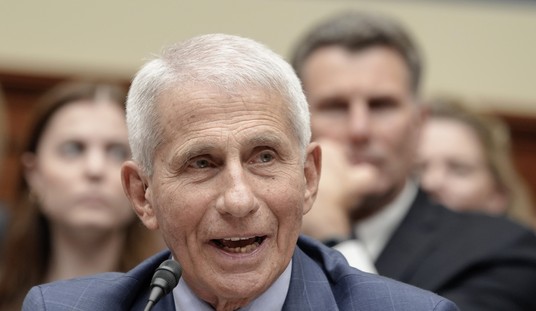Editor's Note: This column was co-authored by Robert E. Wright.
Americans interested in reducing government inefficiencies a la DOGE should examine state occupational licensing laws (OLLs). Most such laws aid those who can afford to meet licensure requirements, credentialing organizations, and the bureaucrats that administer the resulting maze of rules and regulations.
The result is reduced competition, which means lower service quality and increased consumer prices. Moreover, comparative studies often show OLLs do no better job protecting consumers than market mechanisms do.
OLLs require individuals to obtain some set of credentials—a combination of education, training, and experience—to lawfully engage in various occupations, from braiding hair to performing surgery and arranging flowers to flying airplanes. Most Americans intuit that requiring florists or barbers to obtain formal credentials, which can run into hundreds of hours and tens of thousands of dollars, is overkill because nobody ever died from a bad haircut or ugly arrangement of flowers. Market forces like consumer reviews will induce bad barbers and florists to issue refunds, improve their skills, or find another occupation.
Those who favor OLLs often claim that America licensed trivial occupations, including grocers and tavern keepers, throughout its history—even back into the colonial era. An extensive recent review of state licensing statutes passed before the U.S. Civil War, however, revealed that increasing government revenue, not quality assurance, motivated almost all such early licensing. “License” and “tax” were, in other words, almost synonymous. If governments could not stop “sins” like alcohol consumption, gambling, and prostitution, they could at least tax them!
Recommended
When it comes to doctors and airplane pilots, Americans today want assurances that they are competent before they go under the knife or into the air. The question remains though: Which assurances work best?
Before the Civil War, doctors and ship pilots often had to present credentials before obtaining a license to apply their trades lawfully. Poor performance by licensed doctors and pilots, however, led to licensing reforms and sometimes even their elimination. Dire predictions to the contrary notwithstanding, death and destruction did not follow. Instead, reputation, bonding, and insurance grew in importance.
Reputation followed from success, ships brought safely into harbor, and patients who did not die and maybe even improved. Disasters made headlines while positive outcomes circulated by mouth, letter, and testimonial. Although the transaction costs of ascertaining a service provider's reputation were much higher then than in the age of Yelp! reviews and the Better Business Bureau, drunken doctors and poor pilots felt monetary pressures to improve or exit.
Bonds were more formal commitment devices that offered those injured by bad service a lump sum of cash. Advertising one that was bonded sent a signal that the provider believed him or herself up to the task but putting their own “skin in the game.” Satisfaction guarantees served the same purpose in a less formal fashion. The reputation of providers who reneged on guarantees suffered doubly, for lying and for providing poor service.
Marine and life insurers had much more at stake than government officials when it came to ensuring the competency of ship pilots and doctors, respectively, and hence were more keen on judging actual abilities than on checking bureaucratic boxes. As witnessed during the recent COVID-19 pandemic and rash of airplane crashes, politics can interfere with licensing to the detriment of consumers.
Because some states require licensing of occupations that remain unlicensed elsewhere, researchers can test the efficacy of OLLs. They find that OLLs raise prices and reduce consumer choice, but find mixed evidence at best of improved consumer safety or satisfaction. In short, OLLs help special interests at the expense of everyone else, reducing America’s greatness. If OLLs are phased out, consumers will find protection in market mechanisms, including service provider reputation, bonding, and insurance.
Nowadays, the removal of occupational licensing is much less common. Professional associations have entrenched interests and benefit from the status quo. Alabama consumers went without barber licensing for 30 years and lived to tell about it. Florida eliminated interior design licensing five years ago and the sky has not fallen.
Research tells us that our ancestors could detect what occupational licensing was really all about: A racket for benefitting the few at the expense of the many.
Let’s hope that citizens today can smell the roses and recognize that we will all benefit from significant reductions in occupational licensing. We need less deference to experts that don’t have our best interests in mind when crafting needless regulations.
Edward Timmons is director of the Knee Regulatory Research Center and a senior research fellow with the Archbridge Institute. Robert E. Wright is a lecturer in economics at Central Michigan University and the author of numerous research articles including, most recently, “Occupational Liberty and Licensing Before the U.S. Civil War.”
























Join the conversation as a VIP Member